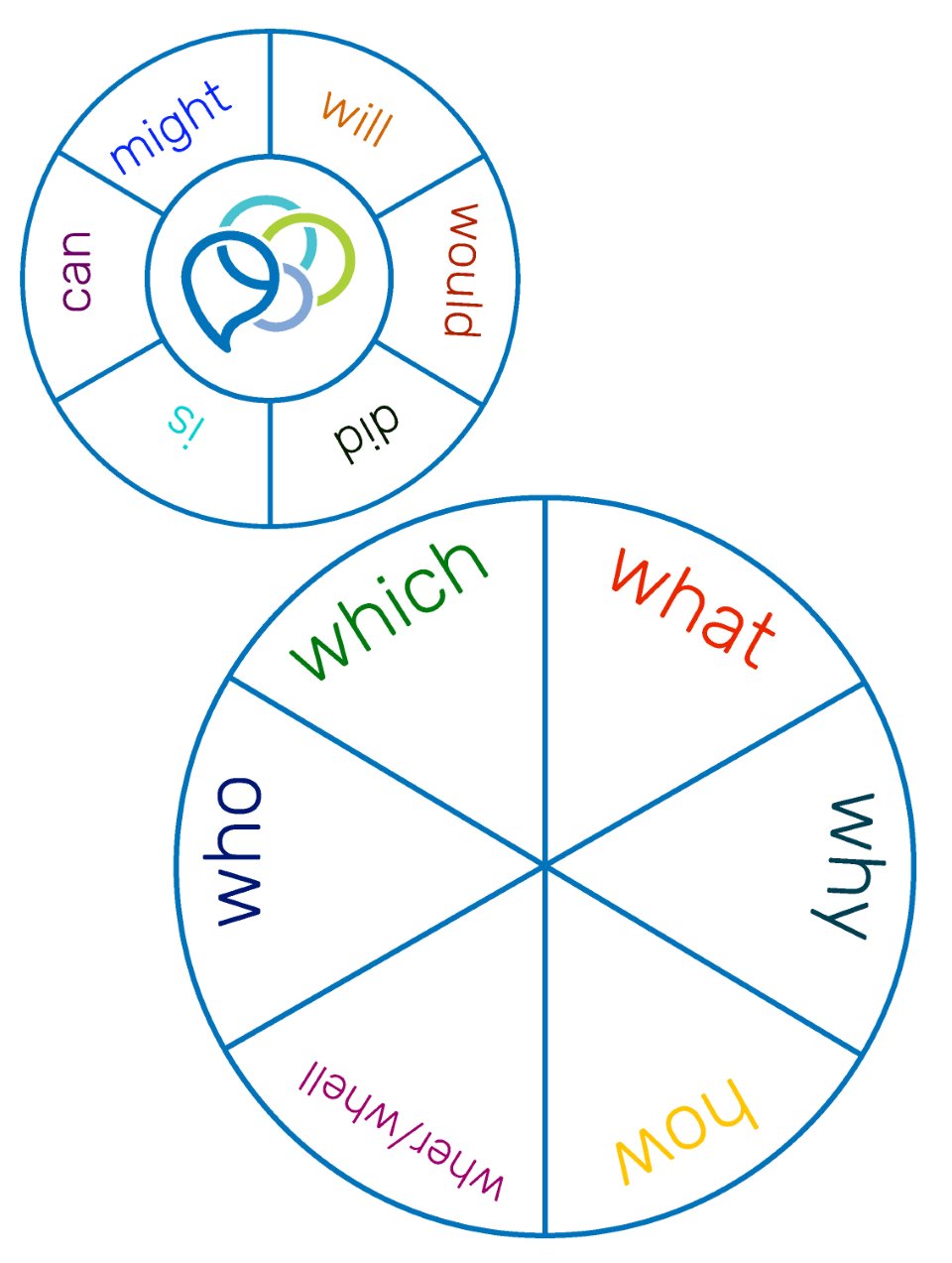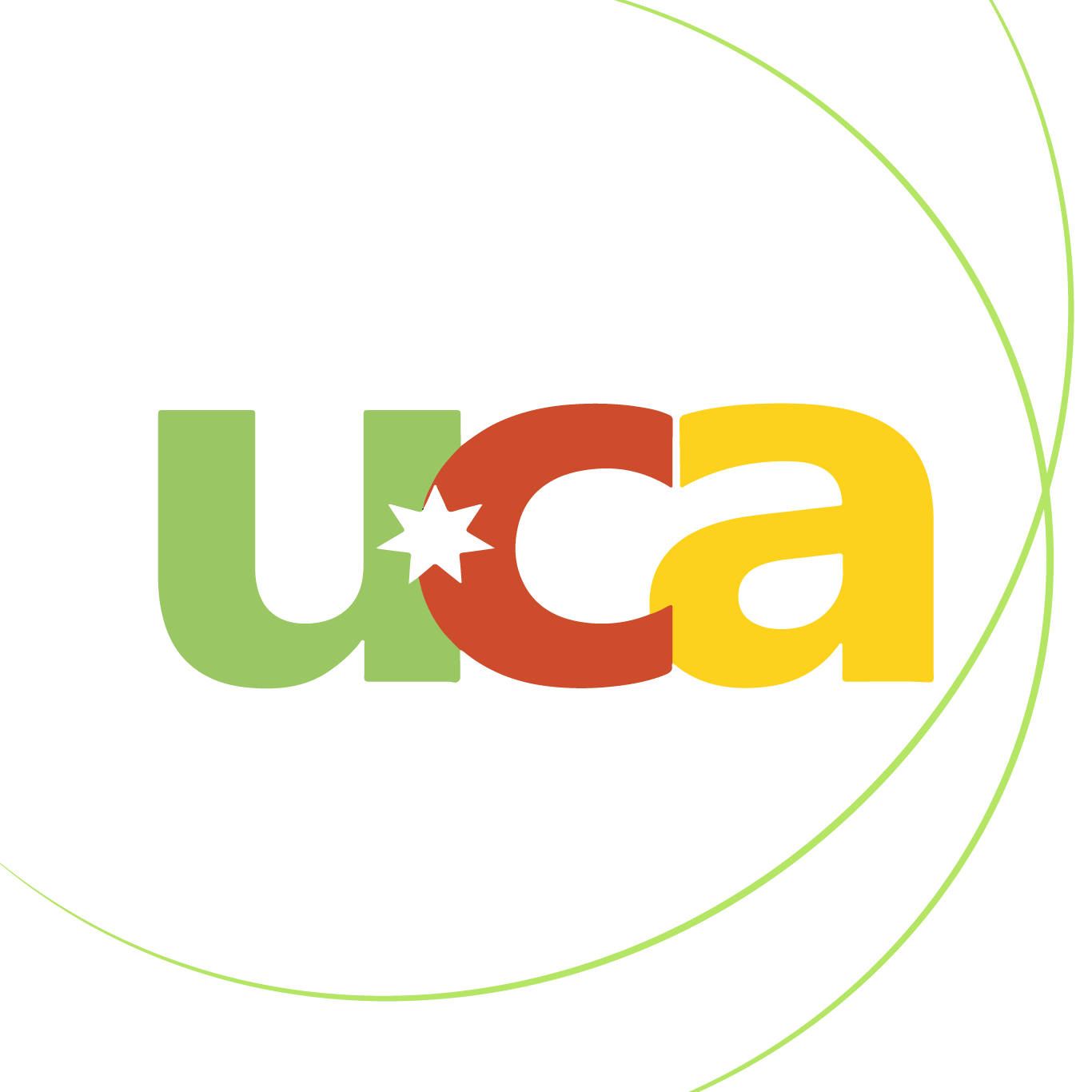Accreditation
- Accreditation
- Airport Road Branch
-
- British Program
- American Program
- Tareq Branch
-
- National Program
- British Program
- Awards
- Testing Centers
- Thinking schools
-
- Thinking Keys Path 1
- Thinking Frames Path 2
- Habits of Mind Path 3
- Children Philosophy Path 4
Accreditation
.png) The UCA School is locally and internationally accredited institution. We have met and exceeded all standard requirements established by the Jordanian Ministry of Education and Cognia (formerly AdvancED), the largest community of education professionals in the world and international body for continuing educational development. Cognia conducts rigorous, on-site external reviews of 32,000 PreK-12 schools and school systems around the globe. As UCA has gained access to the enhanced benefits of the community, it also git accredited by North Central Association Commission on Accreditation and School Improvement (NCA CASI), ICDL, CIE, Edexce and AQA. Those accreditation seals are recognized across the United States and around the world.
The UCA School is locally and internationally accredited institution. We have met and exceeded all standard requirements established by the Jordanian Ministry of Education and Cognia (formerly AdvancED), the largest community of education professionals in the world and international body for continuing educational development. Cognia conducts rigorous, on-site external reviews of 32,000 PreK-12 schools and school systems around the globe. As UCA has gained access to the enhanced benefits of the community, it also git accredited by North Central Association Commission on Accreditation and School Improvement (NCA CASI), ICDL, CIE, Edexce and AQA. Those accreditation seals are recognized across the United States and around the world.
We are thrilled to earn this remarkable accreditation within a very short period of time, and this has happened due to the support UCA has received from its wider community.
In granting the accreditation period the Cognia highlighted what it believes to be the distinctive strengths of UCA. It identified the school’s clear cultural identity; as the school places high emphasis on instilling the Jordanian cultural heritage, adhering to the Islamic religion values, and integrating the eastern and western cultures.
One of the strengths of the school, as indicated by students, teachers and parents, is the respect to the cultural and religious background of the community. A healthy relationship between the need of individuality and the need of common values and standards is fostered within the educational program options and activities.
Leadership is committed to providing the best elements of eastern and western practices with empowering the knowledge that diversity of culture is strength to be respected.
The mission of Universal Civilizations Academy is inculcated in everyday life at school providing staff and students a focus for respecting individual differences and becoming responsible, socially-aware citizens. Tolerance, mutual respect, and cooperation are key elements that bond all stakeholders and provide a family atmosphere.
Effective leadership at Universal Civilization Academy (UCA) demonstrates motivational practices, serves as role models, rapidly adjusts to the challenges of opening a new school, and consistently addresses the needs of all stakeholder groups.
The school provides sufficient technological equipment and access to the internet that is readily available for use by all students in every classroom during instructional time.
Each Early Learning classroom provides a developmentally-appropriate learning environment with furniture and resources for the effective implementation of the Montessori program.
Airport Road Branch
British Program
American Program
Tareq Branch
National Program
British Program
Awards
Testing Centers
Thinking schools
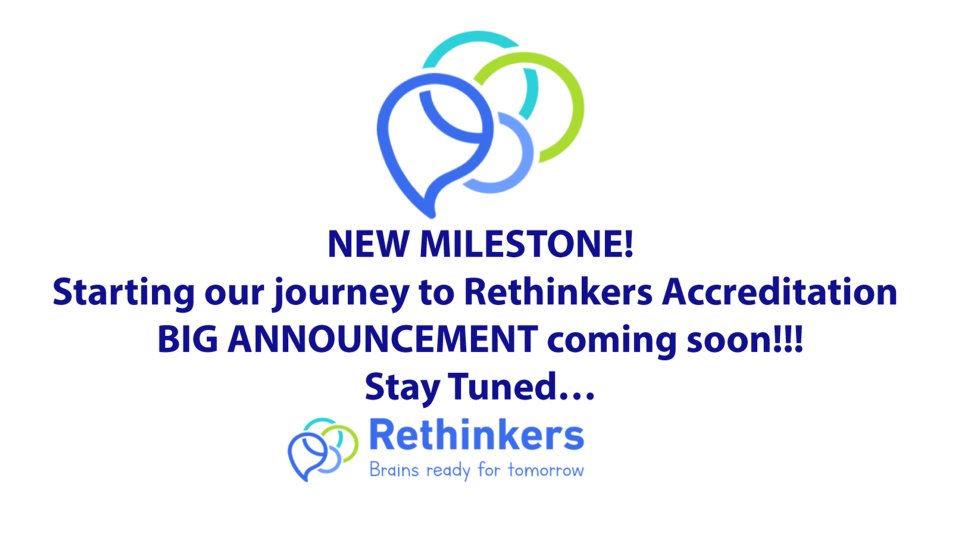 Thinking Keys
Thinking Keys
Thinking Keys is a teaching and learning strategy developed by Tony Ryan, designed to enhance creative thinking and problem-solving skills. It involves using a set of "keys" or prompts to encourage students to think critically and generate innovative solutions across various subjects.
Thinking Frames
Thinking Frames are visual tools used to organize and represent thinking processes, helping learners structure their thoughts, ideas, and problem-solving strategies. They support deeper understanding by making complex information more manageable, often through diagrams, graphic organizers, or concept maps.
Habits of Mind
Habits of Mind, developed by Arthur L. Costa and Bena Kallick, are a set of 16 dispositions that promote intelligent thinking and behavior when faced with challenges. These habits, such as persistence, managing impulsivity, and thinking flexibly, encourage learners to develop effective problem-solving skills and lifelong learning strategies.
Children Philosophy and Question Wheel
Children's Philosophy, also known as Philosophy for Children, encourages young learners to engage in thoughtful dialogue, explore big questions, and develop critical thinking skills. Through open-ended questions and discussions, children learn to reason, reflect, and understand different perspectives.
The Question Wheel is a tool often used in philosophical inquiry to generate and explore questions. It helps students categorize their questions into different types, such as factual, conceptual, or evaluative, guiding deeper thinking and richer discussions on various topics.
Thinking Keys Path 1
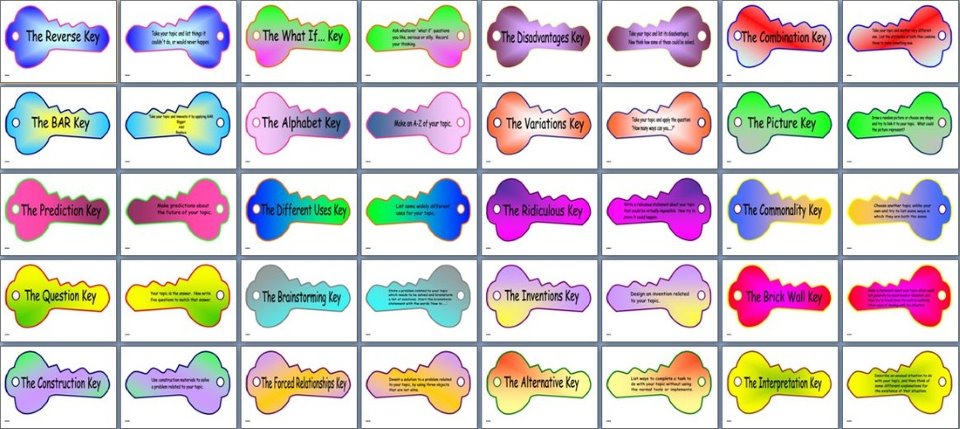
Thinking Frames Path 2
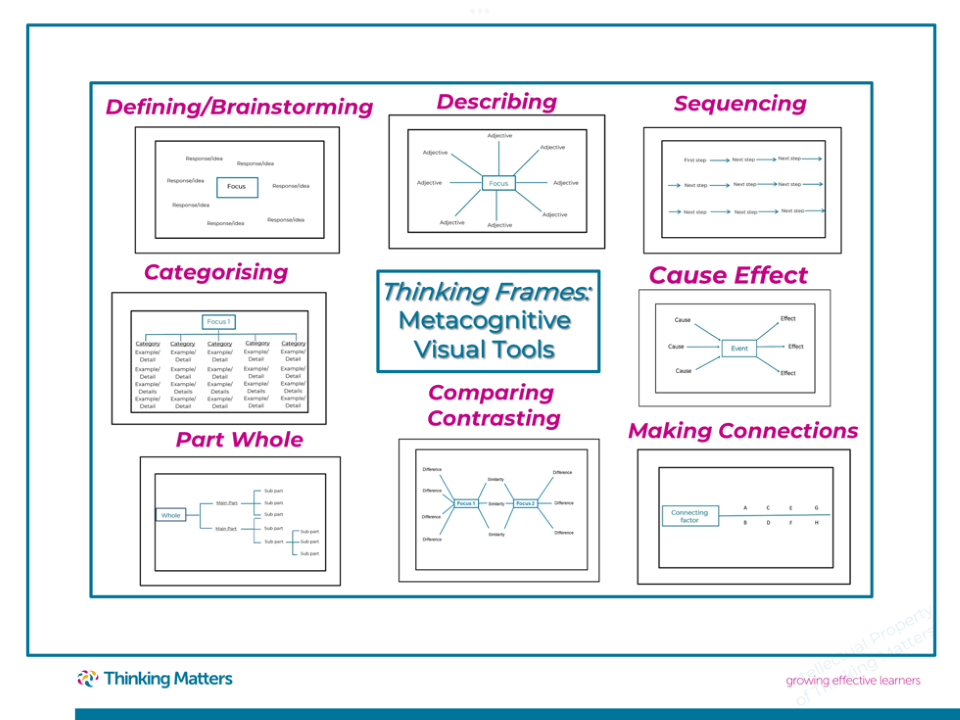
Habits of Mind Path 3
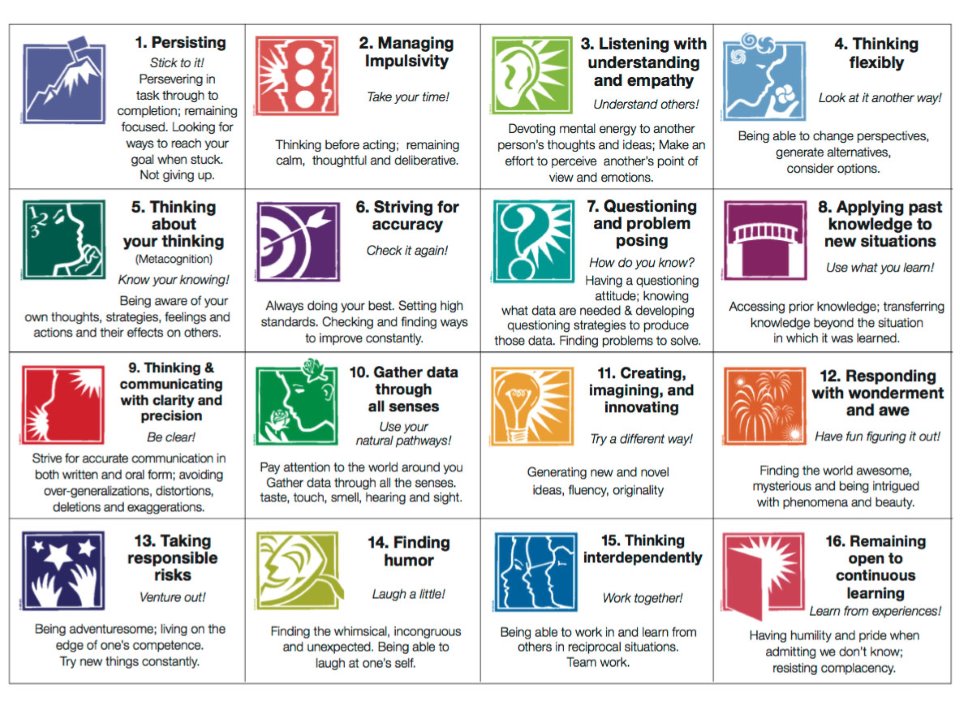
Children Philosophy Path 4
